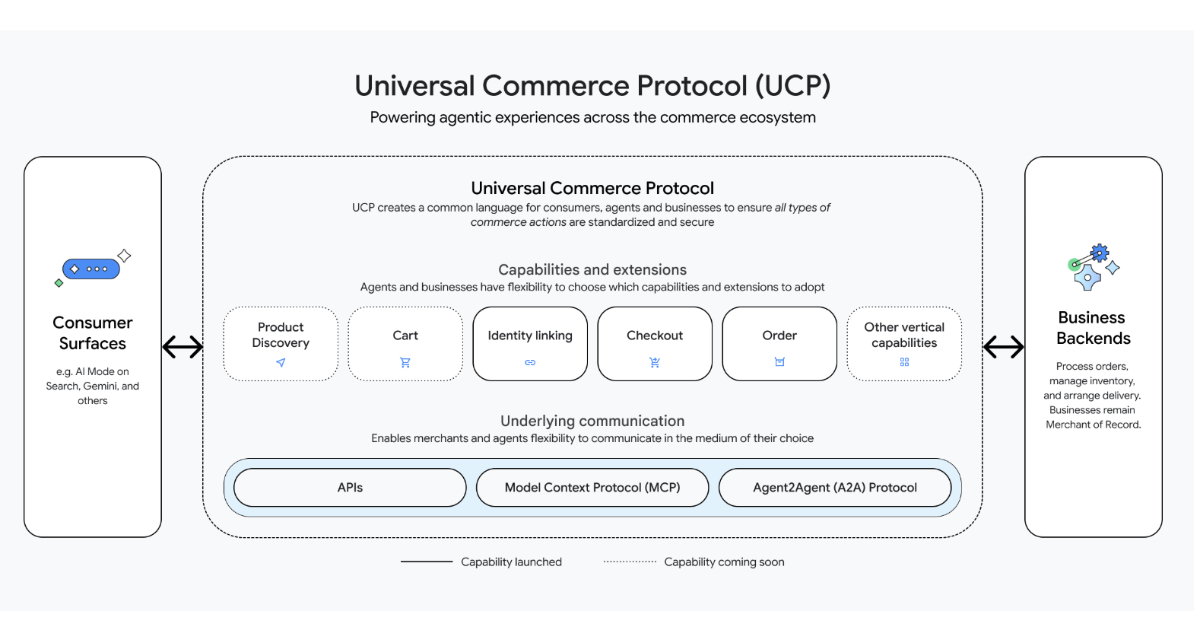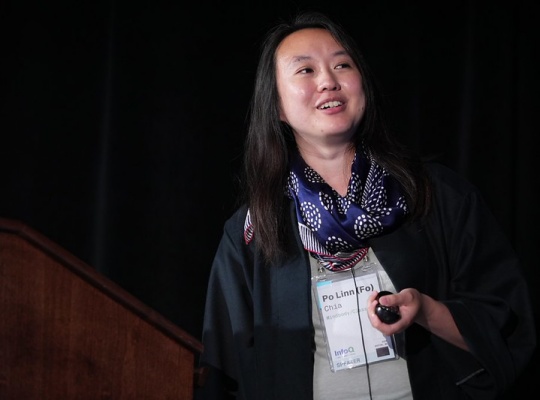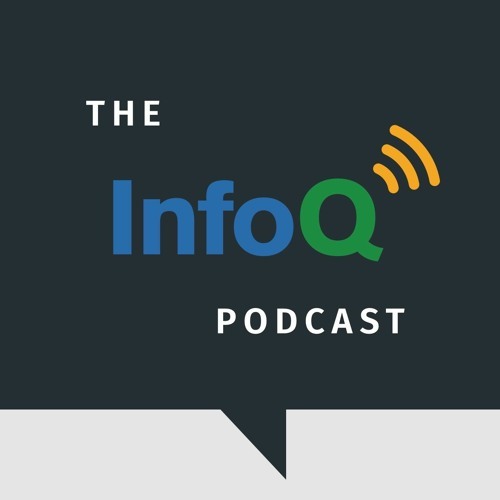Codetown
Codetown ::: a software developer's community
Last Night With OrlandoJUG
Last nights OJUG meeting was great. Beth and Tracy did an amazing job of setting things up in the room and the presentation was wonderfully entertaining and insightful. It was spectacular and informative, what more could you ask for? Anyone who was unable to come certainly missed out, but maybe next year we'll have them give this presentation again. You never know.
Tracy provided us with a wealth of knowledge in terms of how to be recruited. His presentation on Working WIth Recruiters and Best Practices was more than just the basics. Working with a recruiter can be a very good experience. They are there to help you and have a list of things to look for in candidates for whatever company has hired them. They work on commission so you can be sure they are there to help you. I've never worked with one personally, so this information was new to me. One of the things that stuck out most was the importance of honesty. Being honest with a recruiter was one of the things Tracy encouraged. They are there to help you, if there's anyone you need to be upfront with it's them.
My favorite part of the presentation was discussing things like Linkedin and resume's. Tracy confirmed that which many already know. LinkedIn is a tool that seemed to spring up overnight and it's as important as everyone thinks it is. I have not used it. In fact just before I left for the meeting I opened it on my PC, but I decided to wait for a bit before signing up for it. After the OJUG meeting last night I put opening an account on my list of things to do. It's important that you put yourself out there and sites like LinkedIn are a great way of getting your resume out there.
Resume's are obviously very important, and the information about them was key in last nights meeting. Both Tracy and Beth agreed that no one wants to read a ten page resume. In fact you should really be able to sum up your best work experiences in three pages or less. Now I know that seems like something you already know, but did you also know that most people want your resume minus the fluff? What's fluff? When I say fluff I mean charts, decorations, interests, and any general skill that are common between people. If you're going for a job where you'll be talking to people for ninety percent of the day then you don't need to say "I have good people skills". They know and if they don't they can find out in the interview. This was one of those simple little tasks that can make all the difference between getting a job and getting a pass.
This meeting was without a doubt a hit. I am truly thankful for the time and energy both Beth and Tracy put into making this happen, and I 'm sure I am not the only one. There are so many other great points that were made that I simply cannot go over them all. At least not by myself. Maybe some of the people who attended the meeting will write their favorite parts of the presentation. Let me know know your thoughts on yesterday's meeting.
Anjuli
Notes
Welcome to Codetown!
 Codetown is a social network. It's got blogs, forums, groups, personal pages and more! You might think of Codetown as a funky camper van with lots of compartments for your stuff and a great multimedia system, too! Best of all, Codetown has room for all of your friends.
Codetown is a social network. It's got blogs, forums, groups, personal pages and more! You might think of Codetown as a funky camper van with lots of compartments for your stuff and a great multimedia system, too! Best of all, Codetown has room for all of your friends.
Created by Michael Levin Dec 18, 2008 at 6:56pm. Last updated by Michael Levin May 4, 2018.
Looking for Jobs or Staff?
Check out the Codetown Jobs group.
InfoQ Reading List
Google and Retail Leaders Launch Universal Commerce Protocol to Power Next‑Generation AI Shopping

Google launched the Universal Commerce Protocol (UCP), an open standard enabling AI-driven shopping agents to complete tasks end-to-end from product discovery to checkout and post-purchase management. Co-developed with Shopify, Target, and others. UCP aims to standardize commerce capabilities, support multiple payment providers, and expand globally. Shaping the next generation of agentic commerce.
By Leela KumiliPresentation: No QA Environment? No Problem: How Classpass Enables Testing on a Single Environment in ECS

Po Linn Chia shares the sociotechnical journey of ClassPass, moving from a flaky, homegrown testing framework to a dynamic routing architecture on ECS. She discusses leveraging Traefik and OpenTelemetry baggage to enable "shadow mains" and ephemeral feature testing. This talk provides a pragmatic blueprint for engineering leaders to increase developer velocity with a lean platform team.
By Po Linn ChiaArticle: Preventing Data Exfiltration: A Practical Implementation of VPC Service Controls at Enterprise Scale in Google Cloud Platform

Implementing VPC Service Controls is more about people and process than technology. Organizations must conduct extensive upfront discovery, use phased rollouts to avoid breaking production systems, and design VPC Service Controls that enable rather than block work. Success requires automation, clear exception processes, tracking both security and business metrics, and continuous improvement.
By Shijin NairPodcast: [Video Podcast] AI-Driven Development with Olivia McVicker

In this episode, Thomas Betts chats with Olivia McVicker, a Senior Cloud Advocate at Microsoft about AI-driven software development. The conversation covers the current, mainstream AI coding assistants and gets into where those tools are quickly heading. They then look to the future of how the entire software development lifecycle will see the benefits of AI in the next few years.
By Olivia McVickerMicrosoft Releases Azure Functions Support for Model Context Protocol Servers

Microsoft has launched its Model Context Protocol (MCP) for Azure Functions, ensuring secure, standardized workflows for AI agents. With built-in OBO authentication and streamable HTTP transport, it addresses key security concerns. Now supporting multiple languages and self-hosting, MCP empowers developers to deploy with ease while safeguarding sensitive data.
By Steef-Jan Wiggers
© 2026 Created by Michael Levin.
Powered by
![]()
You need to be a member of Codetown to add comments!
Join Codetown